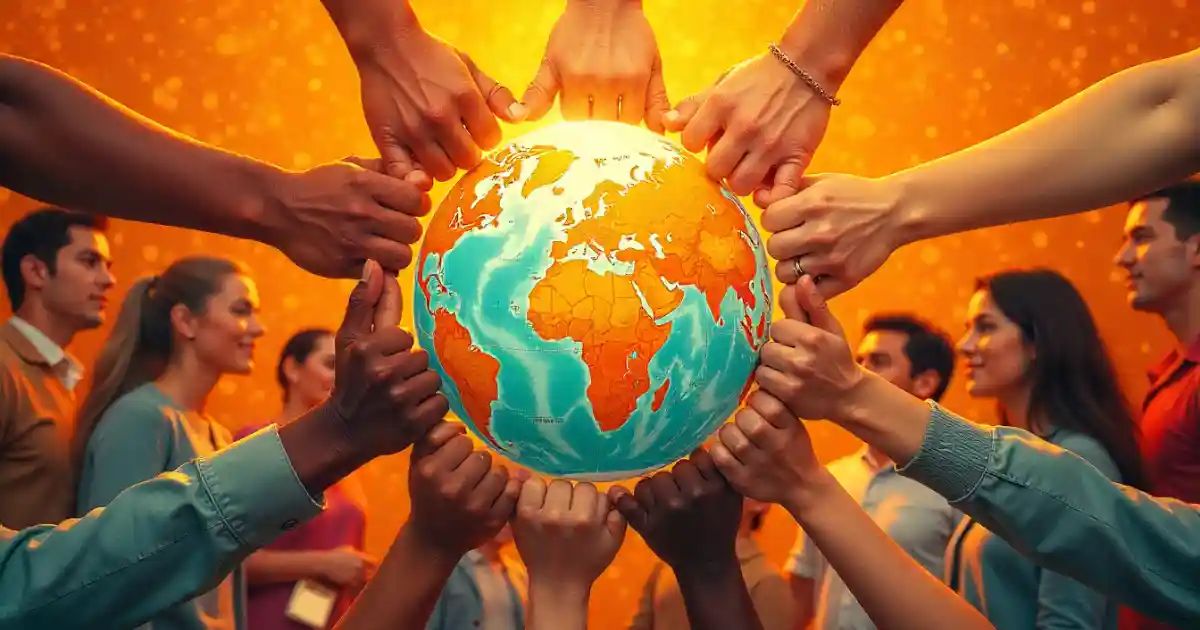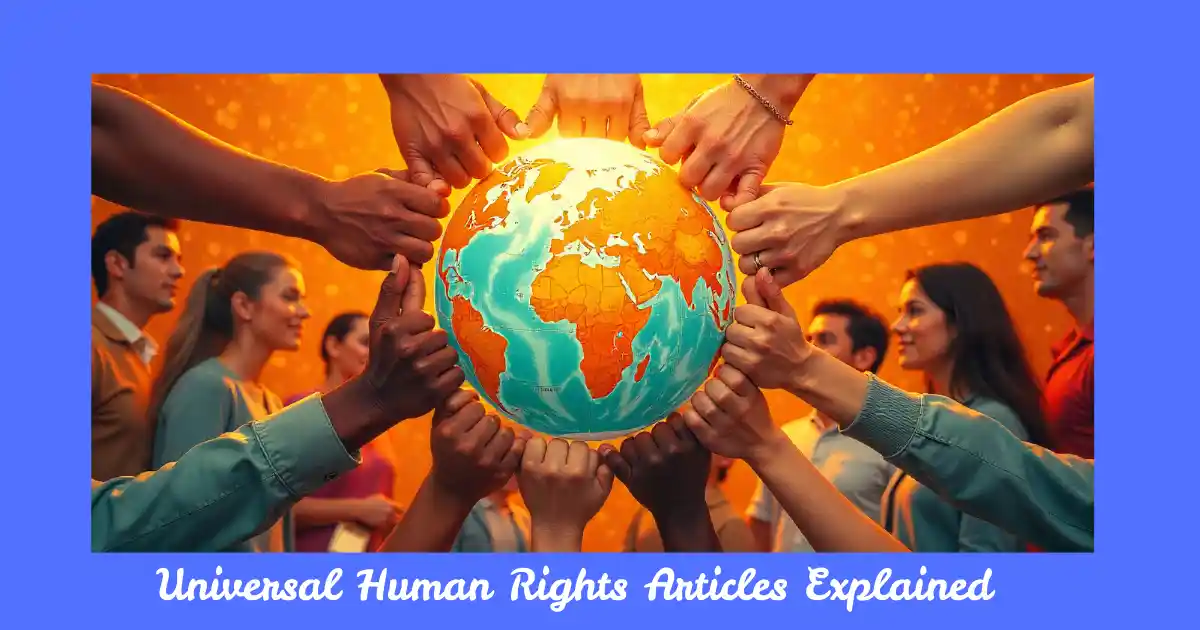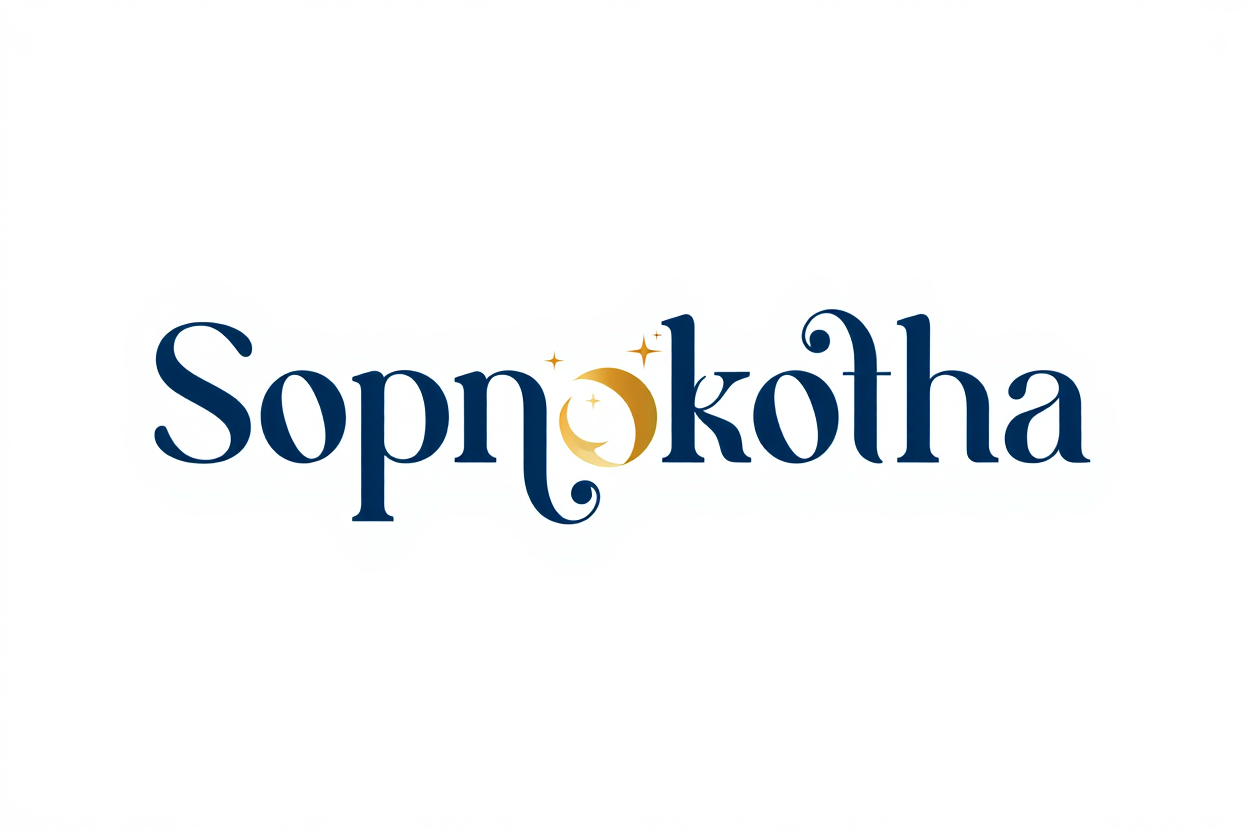Universal Human Rights: The Universal Declaration of Human Rights (UDHR) is one of the most important documents in modern history. It was adopted by the United Nations in 1948 to ensure dignity, equality, and justice for all people across the world. The articles mentioned here highlight basic human rights such as privacy, nationality, freedom of opinion, right to education, and protection of family life.

Martin Luther King’s Timeless Call for Freedom & Justice U4L1
These rights are essential for building a peaceful and just society where everyone can live with respect and security.
The Articles of Human Rights:
Article 12. No one shall be subjected to arbitrary interference with his privacy, family, home or correspondence, nor to attacks upon his honour and reputation. Everyone has the right to the protection of the law against such interference or attacks.
Article 14. (1) Everyone has the right to seek and to enjoy in other countries asylum from persecution.
Article 15. (1) Everyone has the right to a nationality.
(2) No one shall be arbitrarily deprived of his nationality nor denied the right to change his nationality.
Article 16. (1) Men and women of full age, without any limitation due to race, nationality or religion, have the right to marry and to found a family.
(2) Marriage shall be entered into only with the free and full consent of the intending spouses.
(3) The family is the natural and fundamental group unit of society and is entitled to protection by society and the State.
Article 18. Everyone has the right to freedom of thought, conscience and religion to manifest his religion or belief in teaching, practice, worship and observance.
Article 19. Everyone has the right to freedom of opinion and expression; this right includes freedom to hold opinions without interference.
Article 20. (1) Everyone has the right to freedom of peaceful assembly and association.
(2) No one may be compelled to belong to an association.
Article 21. (1) Everyone has the right to take part in the government of his country, directly or through freely chosen representatives.
(2) Everyone has the right to equal access to public service in his country.
(3) The will of the people shall be the basis of the authority of government.
Article 25: (1) Everyone has the right to a standard of living adequate for the health
and well-being of oneself and of one’s family, including food, clothing, housing and medical care and necessary social services.
(2) Motherhood and childhood are entitled to special care and assistance.
All children, whether born in or out of wedlock, shall enjoy the same social protection.
Your opinion: I think my country has been able/not been able to comply with this because………
Article 26: (1) Everyone has the right to education. Education shall be free, at least in the elementary and fundamental stages. Elementary education shall be compulsory. Technical and professional education shall be made generally available and higher education shall be equally accessible to all on the basis of merit.
(2) Education shall be directed to the full development of the human personality and to the strengthening of respect for human rights and fundamental freedoms. It shall promote understanding, tolerance and friendship among all nations, racial or religious groups, and shall further the activities of the United Nations for the maintenance of peace. (3) Parents have a prior right to choose the kind of education that shall be given to their children.
[This passage/content is taken from the National Curriculum and Textbook Board (NCTB), Bangladesh English textbook for educational purposes only.]
© NCTB Bangladesh. All rights reserved to the original publisher.

Affix এর প্রকারভেদ ও ব্যবহার – একটি বিস্তারিত আলোচনা
Important Words and Phrases with Bangla Meaning:
| English Word/Phrase | Bangla Meaning |
| Arbitrary interference | অন্যায় হস্তক্ষেপ |
| Privacy | গোপনীয়তা |
| Honour and reputation | সম্মান ও সুনাম |
| Asylum | আশ্রয় |
| Nationality | নাগরিকত্ব |
| Fundamental | মৌলিক |
| Conscience | বিবেক |
| Expression | মতপ্রকাশ |
| Assembly | সমাবেশ |
| Equal access | সমান সুযোগ |
| Adequate | যথাযথ |
| Well-being | কল্যাণ |
| Protection | সুরক্ষা |
| Compulsory | বাধ্যতামূলক |
| Tolerance | সহনশীলতা |
| Friendship | বন্ধুত্ব |
| Peace | শান্তি |
Paragraph-wise Bangla Explanation:
Article 12
কেউ যেন তার ব্যক্তিগত গোপনীয়তা, পরিবার, বাড়ি বা চিঠিপত্রের উপর অন্যায়ভাবে হস্তক্ষেপের শিকার না হয়। একইভাবে সম্মান ও সুনামের ওপর আক্রমণও নিষিদ্ধ। আইন এ ধরনের অন্যায় থেকে মানুষকে সুরক্ষা দেবে।
Article 14
যদি কেউ নির্যাতিত হয়, তবে সে অন্য দেশে আশ্রয় নেওয়ার অধিকার রাখে। এটি শরণার্থীদের অধিকারকে স্বীকৃতি দেয়।
Article 15
প্রত্যেক মানুষের নাগরিকত্ব পাওয়ার অধিকার আছে। কাউকে জোর করে নাগরিকত্ব থেকে বঞ্চিত করা যাবে না এবং ইচ্ছা করলে সে নাগরিকত্ব পরিবর্তন করতে পারবে।
Article 16
প্রাপ্তবয়স্ক নারী ও পুরুষ, জাতি, ধর্ম বা জাতীয়তার ভিত্তিতে কোনো বাধা ছাড়াই বিয়ে করতে পারবে। বিয়েতে উভয়ের পূর্ণ সম্মতি থাকতে হবে। পরিবার হলো সমাজের মৌলিক ইউনিট, তাই রাষ্ট্র ও সমাজ পরিবারকে সুরক্ষা দেবে।
Article 18
প্রত্যেকের চিন্তা, বিবেক ও ধর্মের স্বাধীনতা রয়েছে। তারা ইচ্ছেমতো ধর্মীয় শিক্ষা, উপাসনা ও পালন করতে পারবে।
Article 19
মানুষ তার মতামত স্বাধীনভাবে প্রকাশ করতে পারবে। অন্য কেউ এ ব্যাপারে হস্তক্ষেপ করতে পারবে না।
Article 20
মানুষ শান্তিপূর্ণভাবে সমাবেশ করতে পারবে এবং কোনো সংগঠনের সদস্য হতে বাধ্য করা যাবে না।
Article 21
প্রত্যেকেই রাষ্ট্রের শাসন ব্যবস্থায় অংশগ্রহণ করতে পারবে, সরাসরি বা নির্বাচিত প্রতিনিধির মাধ্যমে। সরকারি চাকরিতেও সবার সমান প্রবেশাধিকার থাকতে হবে। জনগণের ইচ্ছাই সরকারের মূল ভিত্তি হবে।
Article 25
মানুষের জন্য এমন জীবনযাত্রার অধিকার রয়েছে যা তার ও পরিবারের সুস্বাস্থ্য ও কল্যাণ নিশ্চিত করে। এর মধ্যে খাদ্য, বস্ত্র, বাসস্থান, চিকিৎসা ও সামাজিক সেবা অন্তর্ভুক্ত। মাতৃত্ব ও শৈশবের জন্য বিশেষ যত্নের ব্যবস্থা থাকবে।
Article 26 প্রত্যেকের শিক্ষার অধিকার রয়েছে। প্রাথমিক শিক্ষা বাধ্যতামূলক ও বিনামূল্যে হবে। উচ্চশিক্ষা মেধার ভিত্তিতে সবার জন্য উন্মুক্ত থাকবে। শিক্ষা মানুষের পূর্ণ ব্যক্তিত্ব বিকাশে সহায়ক হবে এবং শান্তি, সহনশীলতা ও জাতিসংঘের কার্যক্রমকে শক্তিশালী করবে।

Universal Declaration of Human Rights
Relevant Historical Context:
১৯৪৮ সালে দ্বিতীয় বিশ্বযুদ্ধের পর জাতিসংঘ সাধারণ পরিষদ এই Universal Declaration of Human Rights গ্রহণ করে। যুদ্ধকালীন ভয়াবহতা ও নির্যাতনের অভিজ্ঞতা মানুষকে মানবাধিকারের সুরক্ষা বিষয়ে সচেতন করে তোলে। এর মাধ্যমে বিশ্বব্যাপী মানবাধিকার আন্দোলনের ভিত্তি স্থাপিত হয়।
Literary Terms (in the passage):
- Repetition: “Everyone has the right…” বাক্যাংশটি বারবার ব্যবহৃত হয়েছে মানুষের সমঅধিকারের গুরুত্ব বোঝাতে।
- Parallelism: একাধিক ধারা একই কাঠামোতে লেখা হয়েছে, যা পাঠকের মনে জোরালো প্রভাব ফেলে।
Formal Tone: ভাষা অত্যন্ত আনুষ্ঠানিক ও আইনি ধাঁচের, কারণ এটি আন্তর্জাতিক মানবাধিকার ঘোষণার অংশ।
10 Short Questions:
- What does Article 12 say about a person’s privacy?
- What right does Article 14 give to persecuted people?
- According to Article 15, what is everyone’s right regarding nationality?
- What condition is required for marriage in Article 16?
- How does Article 16 describe the family?
- What freedom is mentioned in Article 18?
- What is the main idea of Article 19?
- What does Article 20 say about association?
- According to Article 21, what should be the basis of government authority?
- What does Article 26 say about education?

